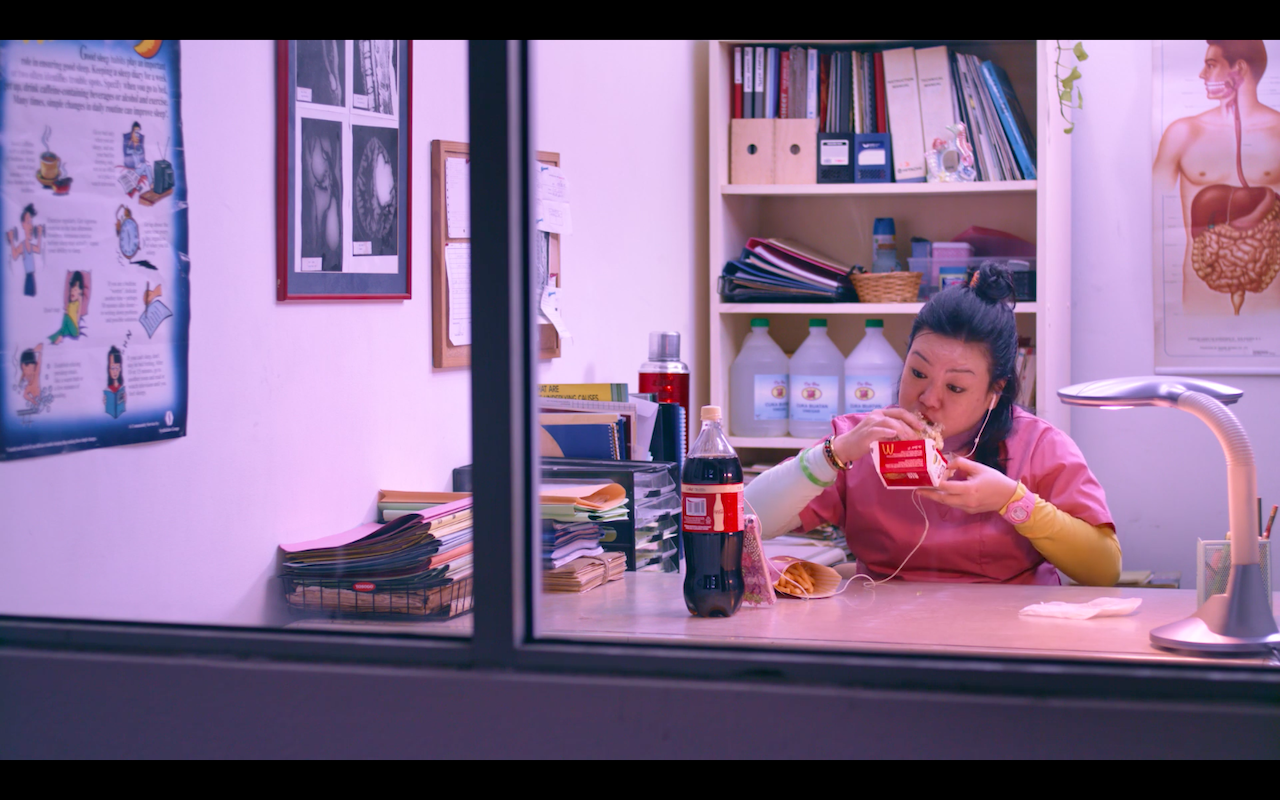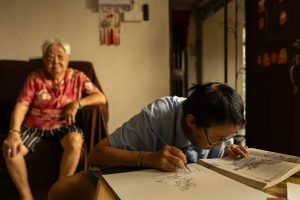I was a Mother’s Day gift, more or less.
I had been conveyed from my mother through a lower belly incision, shortly after the second Sunday of May. A brief powder-blue towel scare later, my sex was doubly guaranteed (once by the nurse, once by my father), and the family welcomed a baby girl into their midst. I know nothing of what transpired hereafter, other than that my second brother’s first display of affection was to request for my teensy-weensy, bunched up fists to be forever gloved.
Here’s food for thought: every Mother’s Day, who is happiest when the gifts and words flow forth unbidden? Is it the recipient, elated at the seasonal sentiments that accompany these grand gestures, or is it the giver, who at last alleviates the guilt accrued from burdening their maternal figure 364 days a year, every year?
I may have been a Mother’s Day gift, but it’s hard to believe I was a gift to my mother. Shortly after I was born, my mother found the burden of caring for three children by herself too debilitating. She couldn’t believe she had to commit to this singularly for the rest of her life. She was a friendless grown woman (having left school and arrived at the altar a little earlier than we’re now used to), an excommunicated daughter-in-law, a misunderstood daughter, and a neglected wife.
At first she threatened suicide. Then when she discovered she could not leave in body, she decidedly left in spirit—and stopped caring for the family before my 10th birthday.
Ever since, we have been like two ships lost at sea.
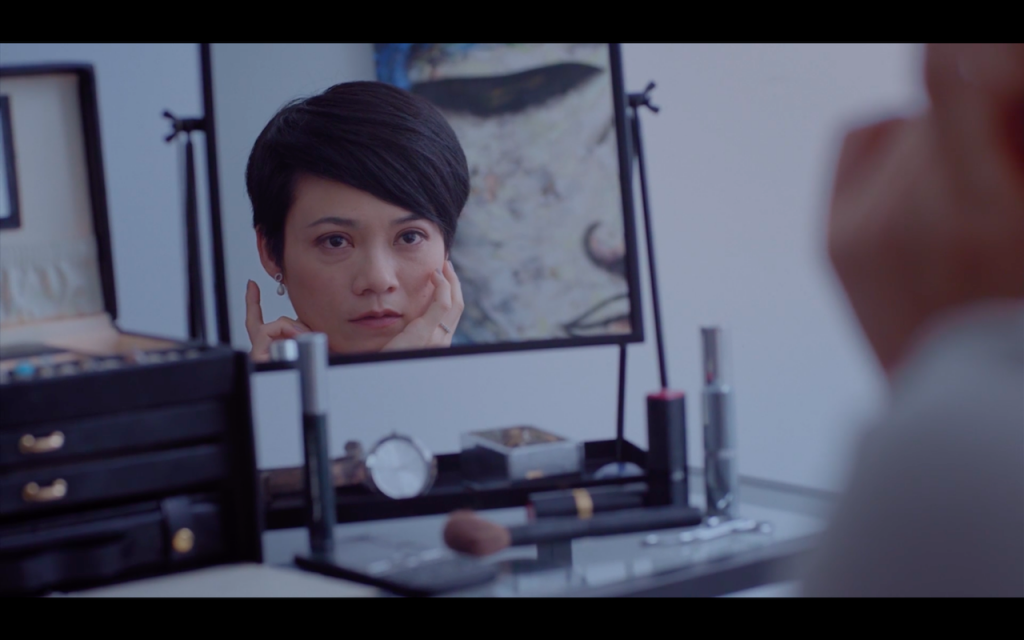
Madam Teo’s pursuit of a tantalising life unknown is captured in a much more compendious arc. The short opens with her at a property viewing of a condominium unit—a fairly typical middle-class Singaporean endeavour. But two things in particular stand out: Madam Teo’s non-response to the agent’s question about her nationality, and her own shifty-eyed mousiness as she ambles through the apartment.
There is a strong reckoning of the Singaporean Dream in Permanent Resident. We may have retired the 5Cs expression but it remains at the fore of everyone’s material aspirations, tightly interwoven with our personal and national identities. There are no permanent residents, only people who have permanently carved up a piece of this earth for themselves. Because Madam Teo knows this, no matter what her implied status in society is, she’s always desiring to overstep the confines of her present circumstances.
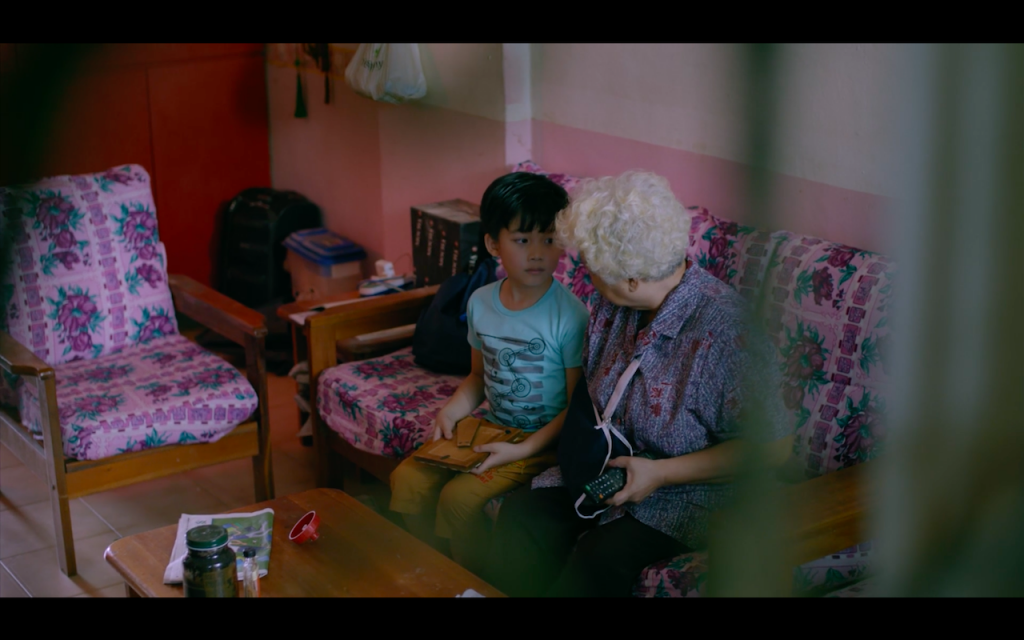
I saw my mother’s buckling as an inherent feminine weakness. Hence, my resolve to avoid her mistakes took the form of steering myself away from everything she ever longed for. I never learnt (till much later in life) two essential skills: how to strike up female friendships, and how to mitigate the crushing weight of loneliness.
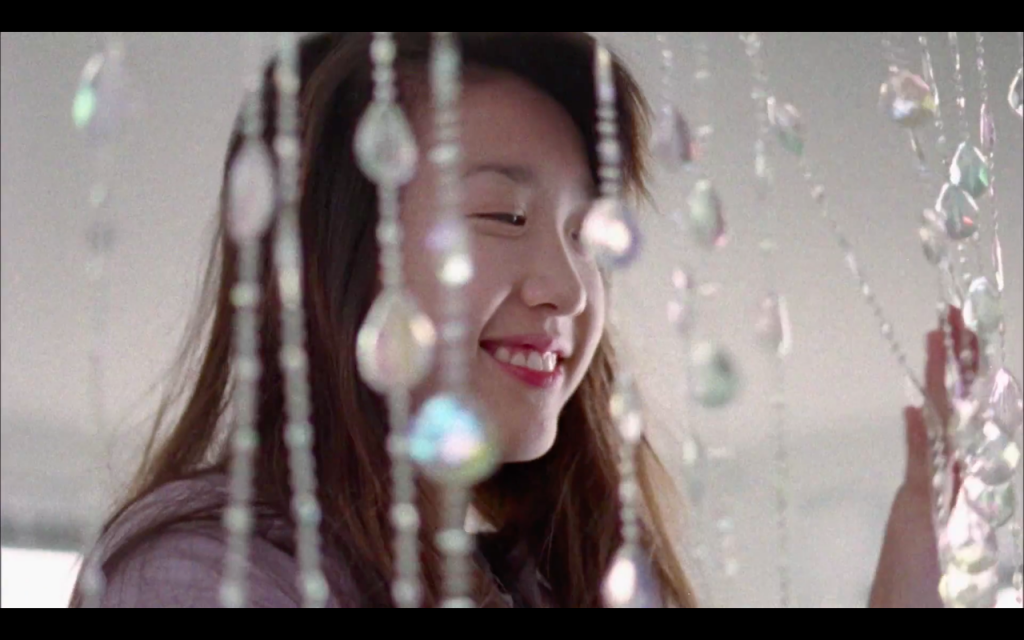
Ying & Summer captures, with great attention to texture and tone, the beginnings of a blossoming friendship. Ying is new to the country, occasionally pining, and not a very proficient speaker of English. She slips into spaces that ought to feel familiar but unfortunately cannot acquire the sense of community she so desperately yearns for. Instead, she bears witness to tales of abandonment and dares not hope for better—until the peppy, violet-haired Summer swishes into her life.
The short film is bathed in lots of lighthearted sprightliness even as it addresses undercurrents of unfulfilled desire. It lends the narrative that glow of winsome innocence in the face of the unknown. You, an audience member, want to root for the unlikeliness of two worlds coming together. But you already know it will happen, because whimsicality is an inviolable buoy over treacherous waters.
To be sure, Ying & Summer goes out on a feel-good note. Friendships sour over time for so many different reasons but we glimpse nothing of that. Ying’s loneliness is short-lived and the future twinkles with hope.
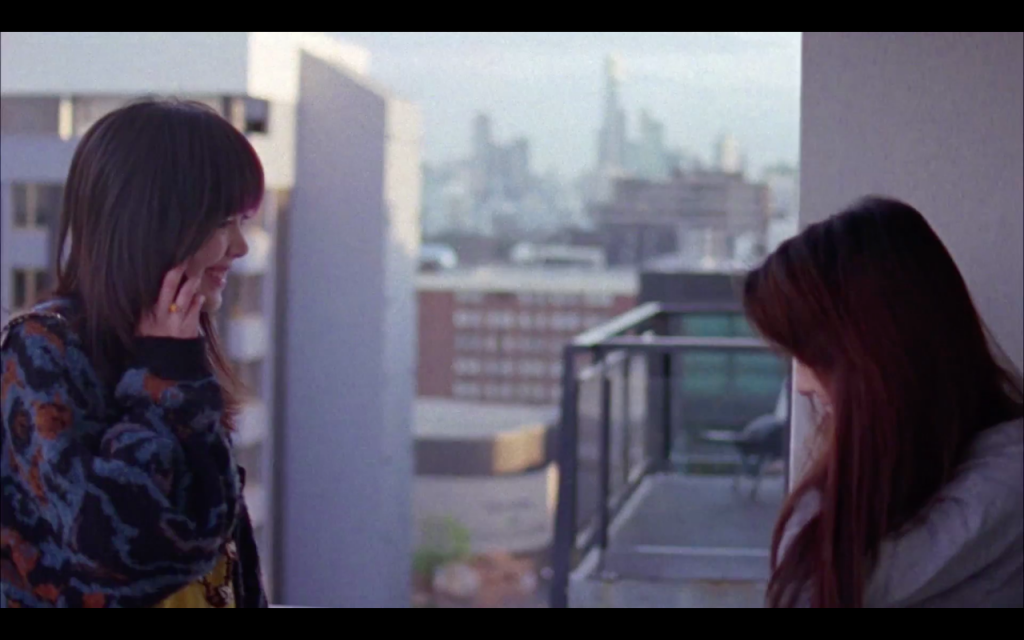
Two girls, Meen and June, best friends par excellence. Dripping with the kind of tropical languor that makes white foreigners so besotted with Thailand, the short begins with two schoolgirl-neighbours scuttling home and threading their way through cramped living quarters with youthful vigour. The energy is infectious; soon, we find ourselves being charmed by the conviviality that the inseparable duo exude.
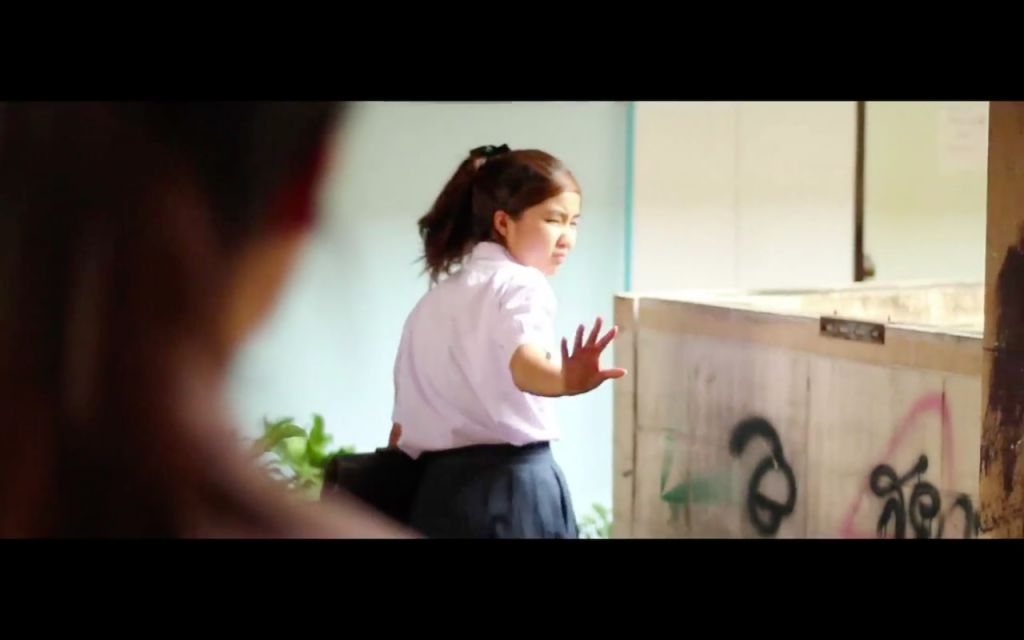
What happens then?
We often think of female solidarity as steadfast, a bulwark against the greater patriarchal forces that be. Perhaps it might be more accurate to say that the essence of femaleness is wretched loneliness, and we should be so lucky if, in our unending lifetimes, we may briefly find another with whom to exchange knowing glances of the ghosts that haunt us at night.
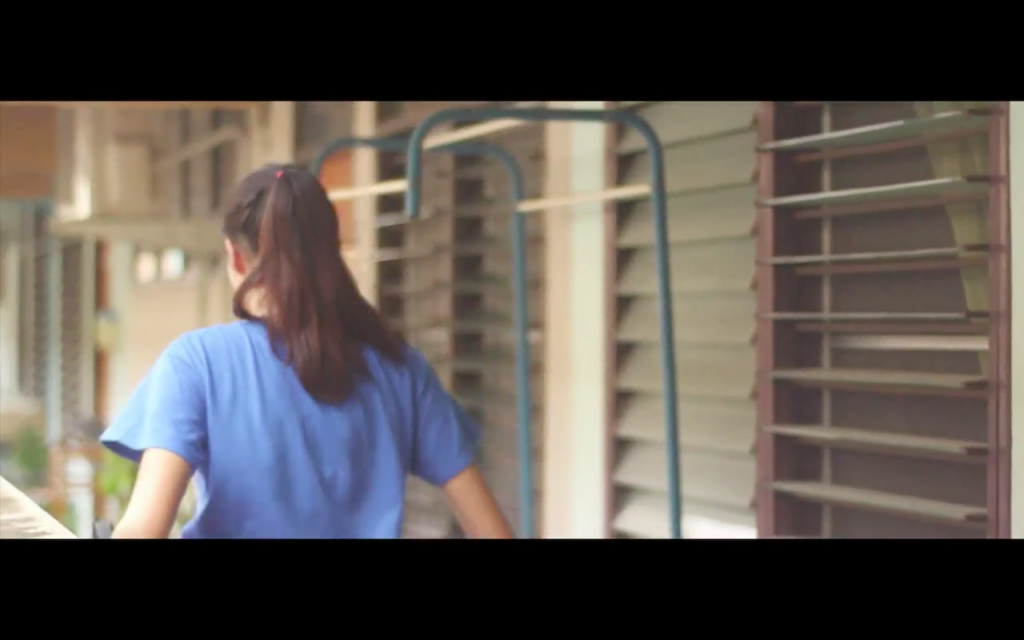
As the maxim goes: alone but not lonely. The nurse’s solitude is entirely liberating. Unlike in Permanent Resident, submersion is not an act of grief but just another exercise in, well, self-care. Her friendlessness is empowering because it gestures to the absolute, unconditional freedom to ensnare anything her heart desires. Hence, the difference between our nurse and most women we know, is that she pays no heed to social expectations and flagrantly pursues what she wants.
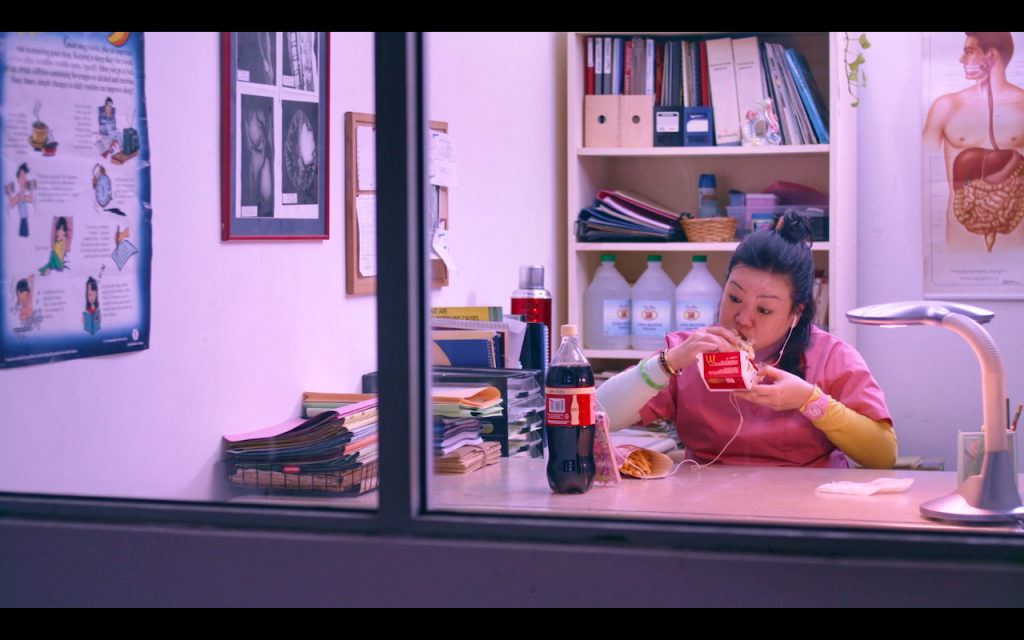

Perhaps, if my mother had had the privilege of drawing a lesson from Vinegar Baths, she would have learnt that while being left to fend for herself is invariably at the heart of womanhood, being lonely is entirely a choice.
This year, it takes places over 12th and 13th July. Register for Programme 2, Through Her Eyes, here.

